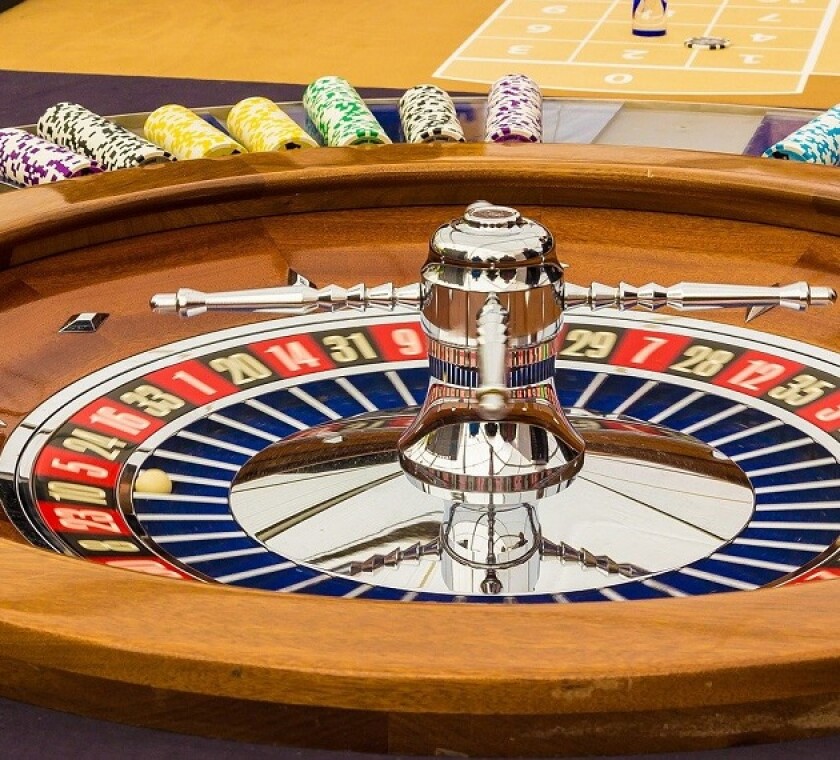It is undeniable that the online gambling industry is thriving. According to the data presented by the Chilean Superintendency of Casinos, the global gambling and casino industry surpasses $66 billion in income with a yearly growth of an estimated 10%.
The Chilean regulation on casinos and gambling is quite strict and rich in history, with its first background laws enacted as early as 1812. In that way, Chilean regulation on gambling and casinos, differs from most of its Latin American neighbours, and hence, it is not surprising that the matter of online gaming has been identified both by regulators and the tax administration alike as a point of interest.
One of the starting points of the most recent discussion derives from the enactment of Chilean Digital Services Tax (DST) incorporated into Chilean VAT Law by the 2020 Tax Reform.
This new tax was introduced as a special taxable event on Chilean VAT Law, which applies the general 19% VAT rate to the following services provided by foreign taxpayers: intermediation of services provided in Chile, supply of digital entertainment content, cloud computing and advertising. On the compliance side, the DST includes a simplified registration system for foreign service providers.
Although this new provision does not specifically refer to online gambling services, the Chilean Internal Revenue Service (IRS) through its administrative instructions on the matter, has expressly stated that such services should be understood as a supply of digital entertainment content and, therefore, subject to VAT.
In addition to the latter, the IRS has recently issued a ruling through which it confirmed that the specific rules applicable to Chilean casinos are not applicable to gaming and gambling platforms, meaning that the general VAT rules would be applicable to them.
In this sense, the tax authority was of the opinion that VAT should apply over any amount paid by the client in the corresponding machines or the total quantity paid to obtain tokens or other means required to play, regardless of the gain or loss obtained by any of the parties involved in the corresponding game.
Subsequent to the issuing of this ruling, the IRS has been contacting the platforms that provide such services in order to let them know that they must register, declare and pay the VAT in the simplified registration system. It is important to note that the tax authority has published a list with the names of the foreign taxpayers that have been detected that are not complying with the DST, in which the gambling platforms can be found.
The latest chapter of this national discussion is the bill to “regulate the development of online gambling platforms”, which was sent to congress on March 1 2022 by the former president. This bill is intended to provide a clear set of rules for an industry that is currently unregulated in the country. Some of the key aspects to bear in mind are: (i) to set forth the specific regulator in charge of supervising the platforms; (ii) the introduction of a license to allow companies to operate these businesses; and (iii) to set forth specific taxation for the online gambling industry.
On the tax side, the current wording of the bill establishes a specific and substitutive tax with a rate of 20% applied over the gross income of the online betting platform. This tax is to be applied instead of VAT.
Besides that specific tax, other particular taxes are included: Firstly a 2% rate is applied on sports gambling to be allocated to the national federation of the particular sport of the bet; secondly, 1% of the gross income of the company should be spent on the promotion of responsible gambling. Finally, users are subject to a substitute tax of 15% on the income from gambling, in lieu of the income tax that should be applicable.
Bearing in mind that the bill is quite recent, and the current Chilean Congress and President have just entered into office, online gambling and betting is an area on which we expect relevant changes in the short term. Meanwhile, the Chilean casino’s authority has announced that it has requested the general prosecutor to investigate online gambling platforms, for infringing the Chilean Casino Law. This is a matter that we are monitoring closely as it seems interests from the regulatory and tax side are not very well aligned.
Sandra Benedetto Back
Partner, PwC Chile
Jonatan Israel
Manager, PwC Chile
Nicolas Foppiano
Manager, PwC Chile














